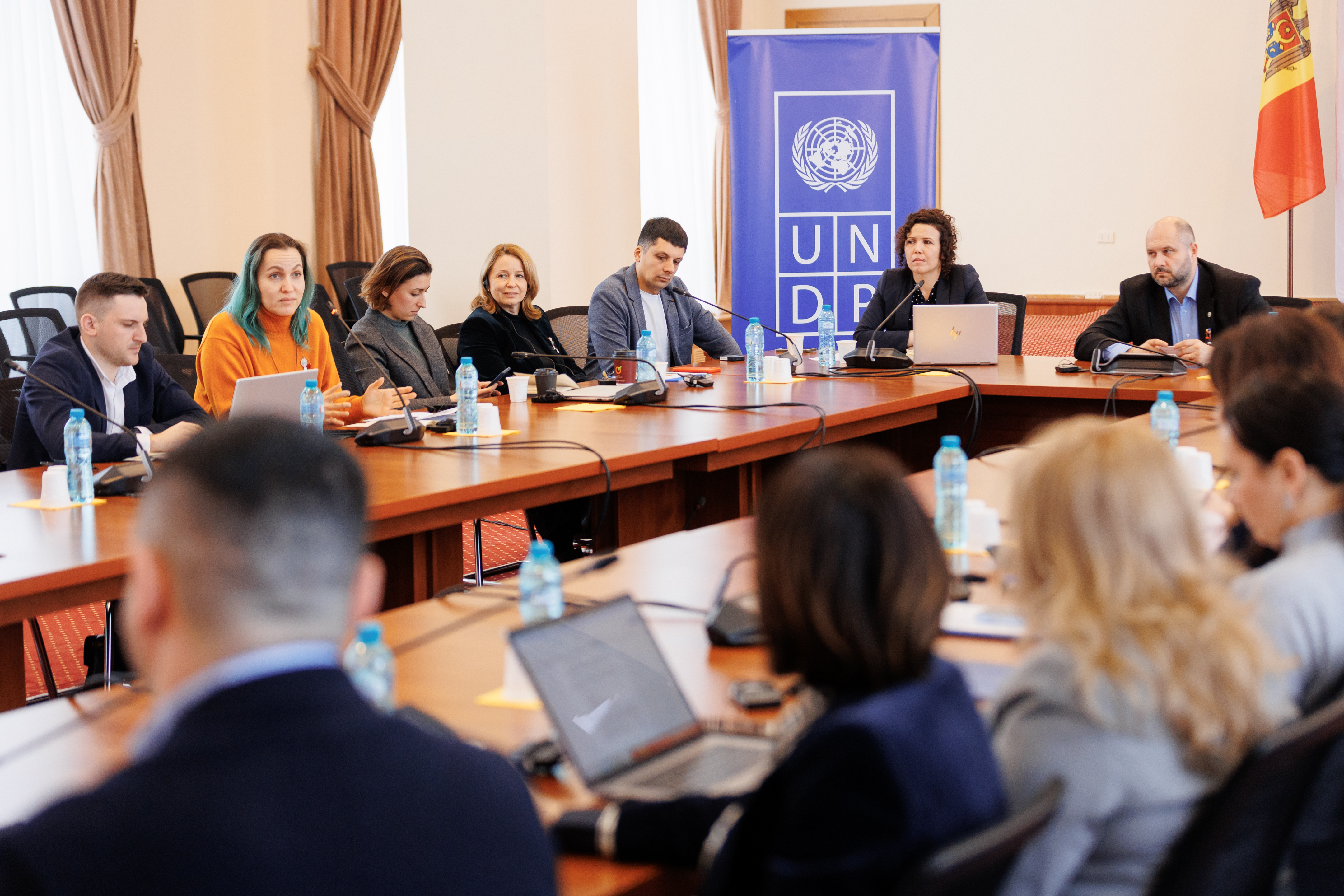Companies will be able to apply for exemptions from legislation to test innovative energy solutions
March 5, 2024

On 5 March 2024, the Ministry of Energy conducted public consultations on the draft law on innovative energy regulatory test spaces.
The main purpose of the document is to stimulate innovation in the energy sector by providing companies with a special regime for seven years.
Thus, in order to test innovative solutions, companies will be granted exemptions from certain provisions of the regulatory framework in the fields of energy, spatial planning, construction, mining, environmental protection, nature conservation, water management, protection of cultural heritage, installation, operation and connection of electricity generation facilities, as well as from tax procedure rules.
All these will encourage the adoption of innovative solutions and support the development of renewable electricity generation, the optimisation of its storage and the adoption of advanced alternative solutions for energy supply, distribution or consumption.
"Innovative testing projects in the energy sector are necessary because many solutions have not even been thought of or needed before, but are related to new challenges for the energy system," said Victor Parlicov, Minister of Energy.
"Given that by 2050 almost half of the CO2 emission reductions should come from technologies that are not yet available on the market, major innovation efforts are needed in this decade. But innovative solutions often involve higher risks, which is a challenge for a risk-sensitive sector focused on the reliability of consumer supply," he added.
The draft law is being developed with support from UNDP Moldova and funding from Denmark, Luxembourg, the Republic of Korea and Sweden.
“The energy sector is changing rapidly to reach the national targets of decarbonisation by 2050. UNDP is proud to have supported the development of the draft law on innovative energy regulatory test spaces that enable piloting and scaling up innovative solutions in the energy sector in Moldova. The so-called ‘regulatory sandboxes’ will streamline research and development, technology innovation and informed policy development and decision-making,” said Andrea Cuzyova, UNDP Deputy Resident Representative to the Republic of Moldova.
Innovative testing projects will be able to do activities such as:
- Collective self-consumption and energy communities
- Electro-mobility
- Flexibility and balancing services
- Integration of renewable energy sources
- Smart grids
- Tariff policies
The innovative test facility will be authorised for a maximum period of seven years, with the possibility of a justified extension for a maximum period of five years.
The draft law will now be finalised and proposed to Parliament for adoption.
Subsequently, with UNDP support, secondary legislation will be drafted, support will be provided for institutionalisation and implementation of a pilot project.
At the same time, among the first innovative test projects benefiting from the current legislation will be the application of differentiated day-night electricity tariffs for household consumers who will install smart meters, as part of a pilot supported by UNDP Moldova and Italy.

 Locations
Locations



